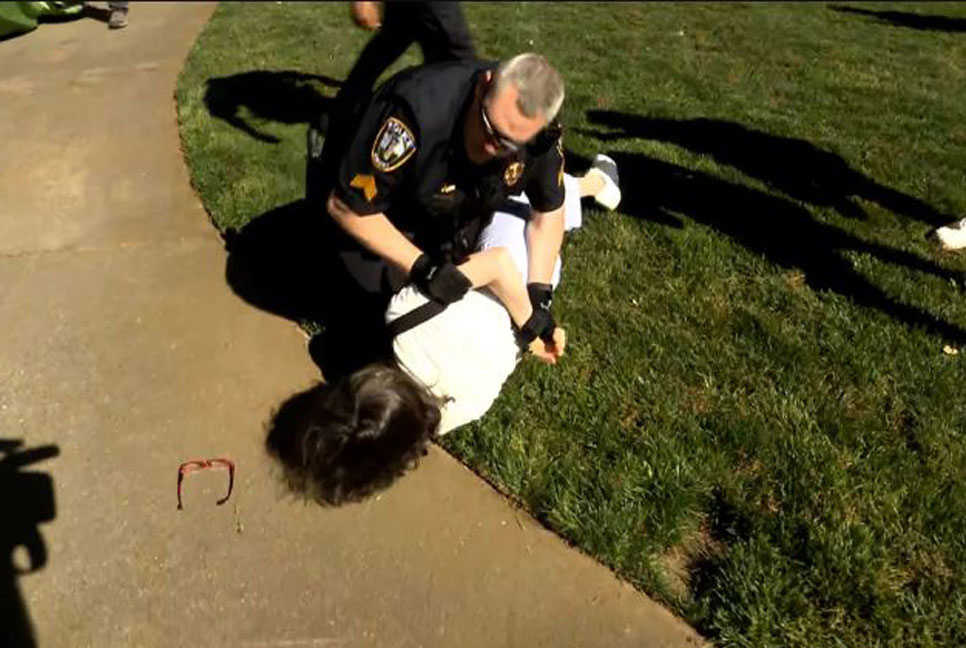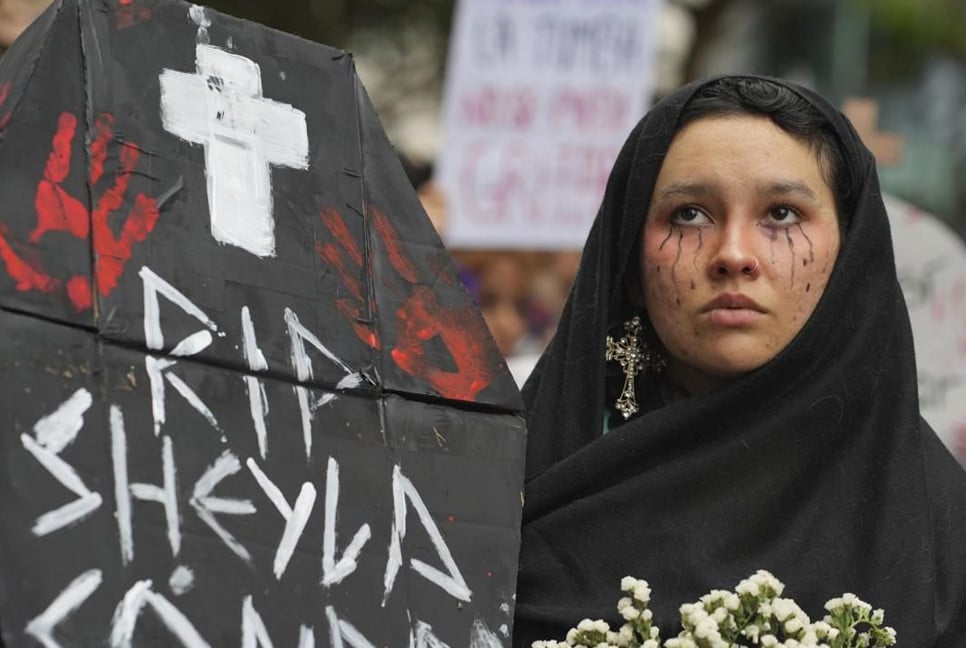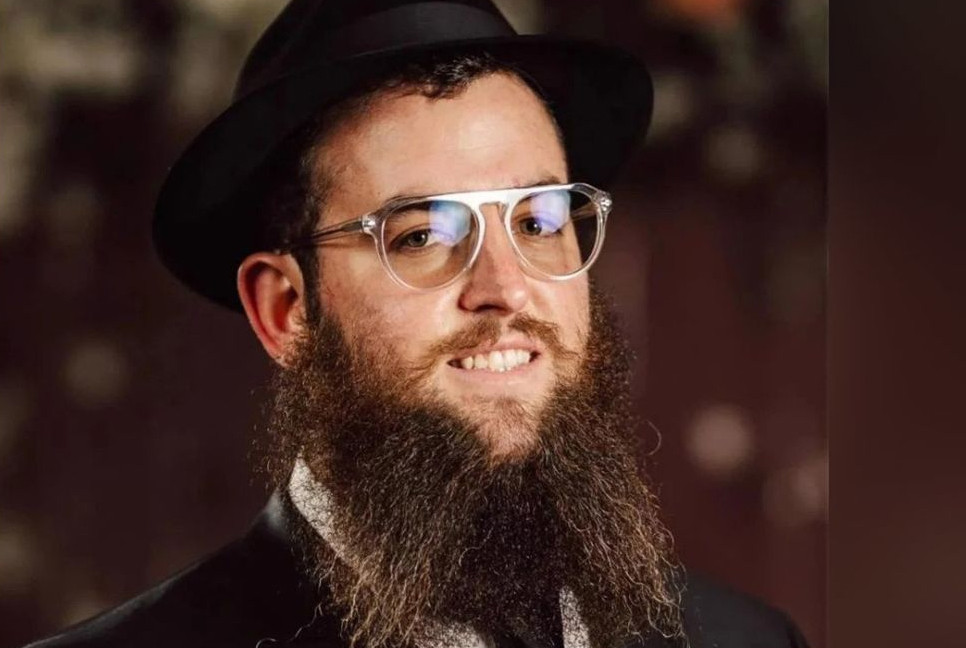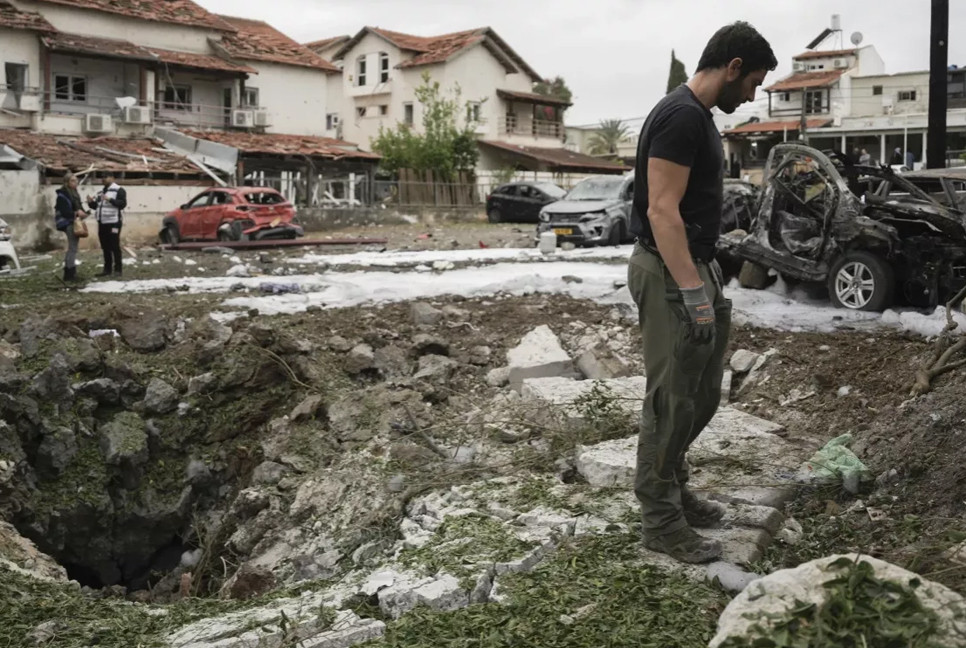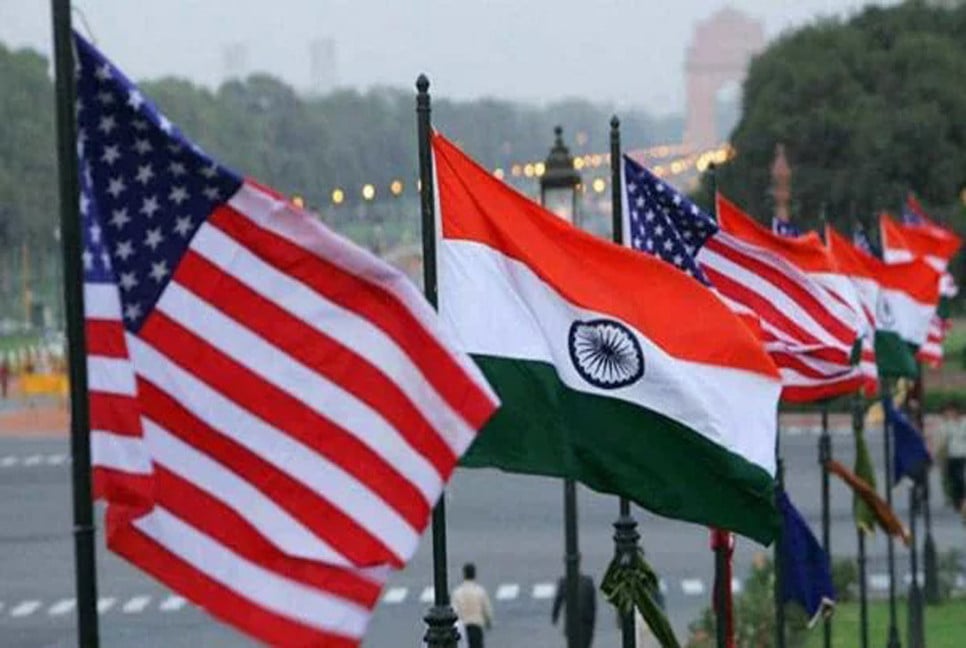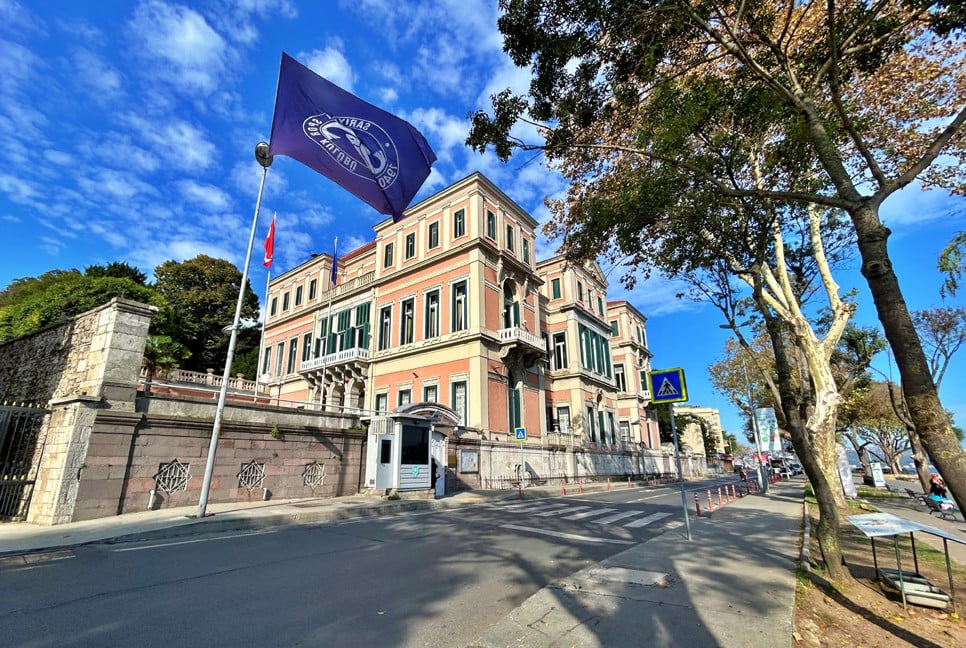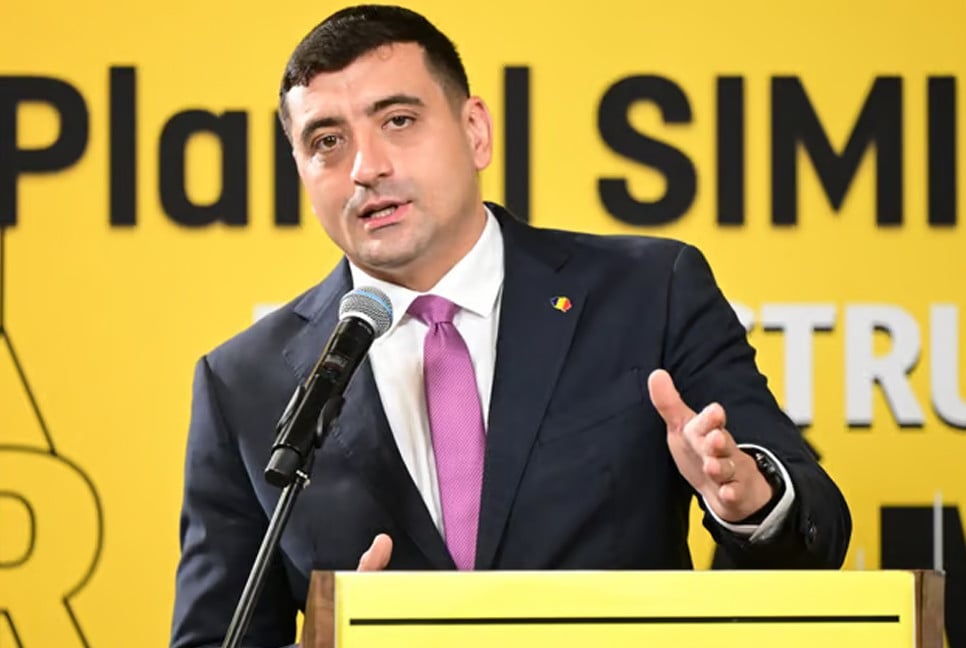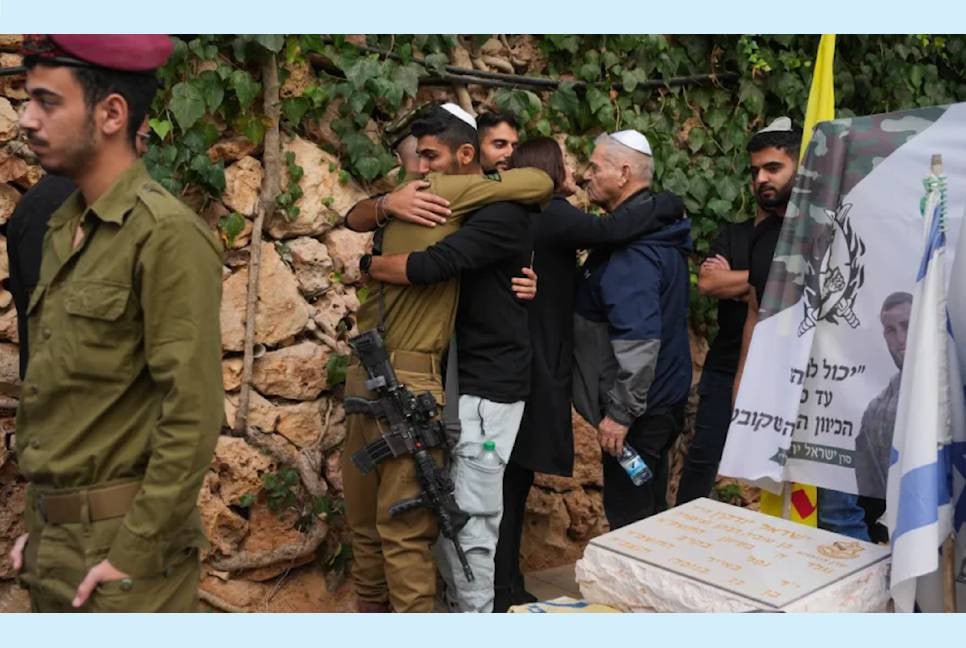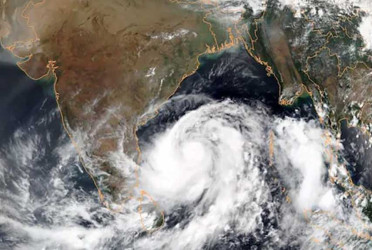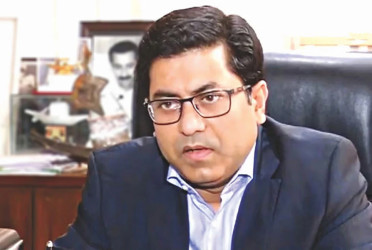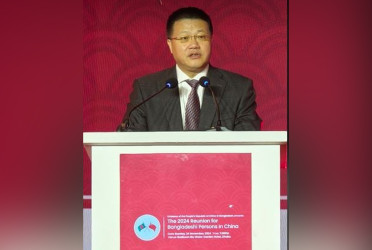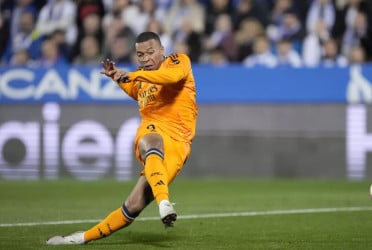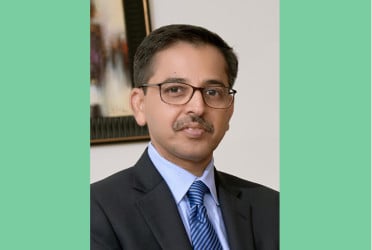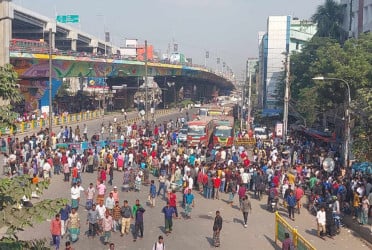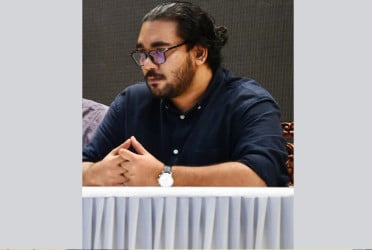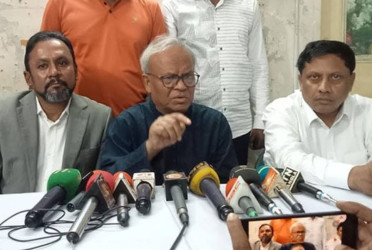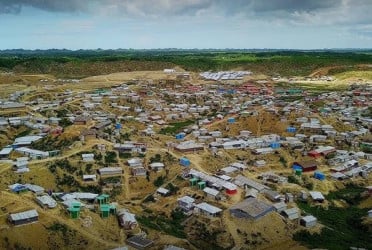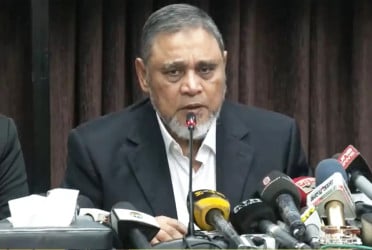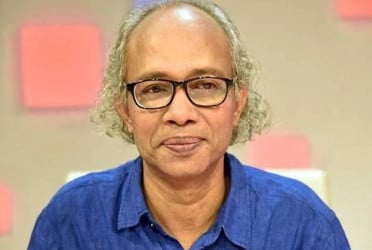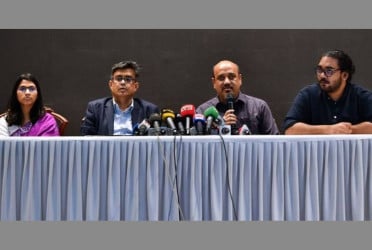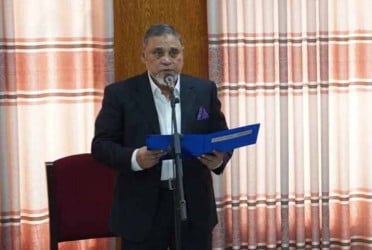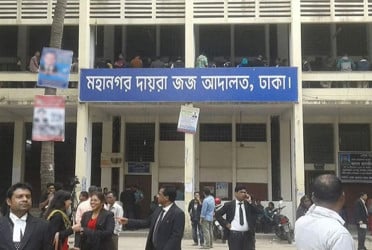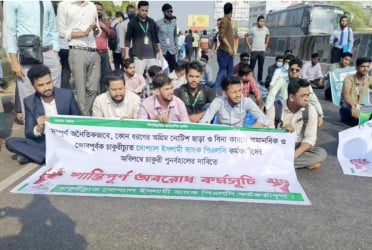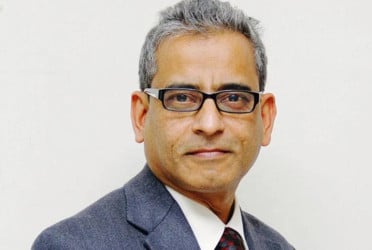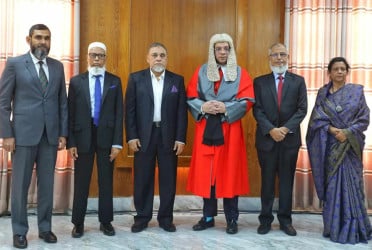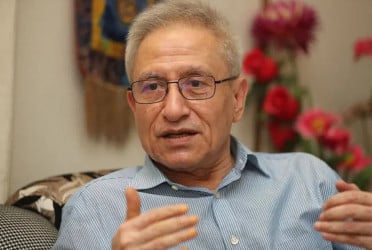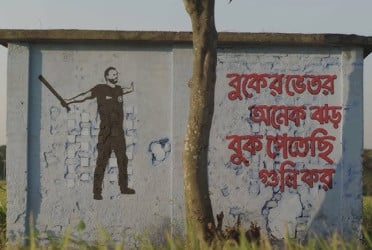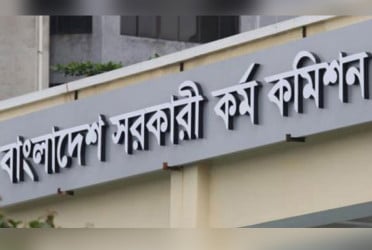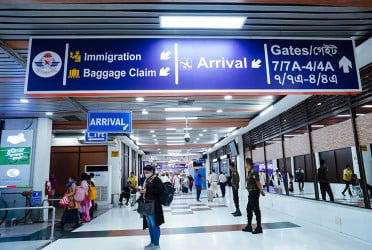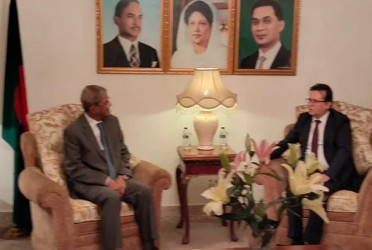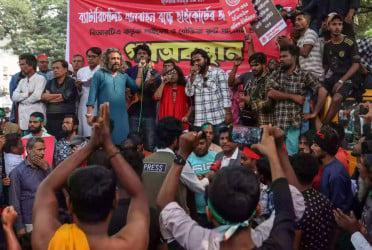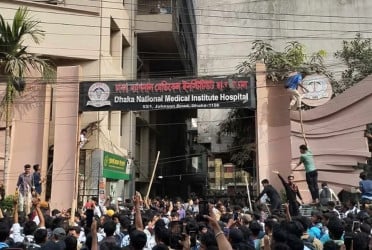As police cracked down on anti-war protests on college campuses across the US in recent weeks, among those arrested were a pair of silver-haired 65-year-old professors armed only with their cell phones.
Annelise Orleck was knocked to the ground and restrained with plastic handcuffs at a protest at Dartmouth College in New Hampshire. She later complained of whiplash.
Steve Tamari was tackled by officers and taken into custody at a demonstration at Washington University in St. Louis, an attack he said resulted in multiple broken ribs and a broken hand.
Each had been filming the protests in the moments before they were arrested. Both Orleck, who is Jewish, and Tamari, who is Palestinian American, said they were motivated to attend in part by a desire to support student protesters exercising their right to free speech, reports CNN.
Their stories illustrate a facet of the student-led protests that has received comparatively little attention: The role professors have played in the demonstrations, and the response by their administrations and police.
Orleck and Tamari are among at least 50 professors arrested at campus protests across the country, according to a CNN review of police records, court filings, and news reports. (Since April 18, more than 2,400 students have been arrested amid protests on more than 50 campuses.) In some cases, professors said they were actively participating in protests based on their own beliefs. Others said they attended to show support for their students.
In recent years, universities across the US have come under increasing pressure from conservative politicians and donors criticizing them as liberal bastions of “wokeness.” That pressure has heightened following the October 7 Hamas attack on Israeli civilians and the subsequent Israeli war on Hamas. Many conservative politicians and donors have accused campuses of tolerating or abetting antisemitism by allowing protests against the war, even as student protesters accuse the universities of ignoring what they call genocide. While university administrations uniformly say they are trying to allow free speech on campus while maintaining order and keeping students safe, critics say many schools too quickly turned to police action, suspensions, and other disciplinary measures to shut down protests.
At Emory University in Atlanta, an economics professor who attempted to intervene in the arrest of a protester was physically subdued by police when she did not immediately comply with an officer’s command to “get your ass…on the ground.”
In video of the incident, Caroline Fohlin’s glasses fall off as she is forced to the sidewalk and she can be heard telling officers, “You just hit my head on the concrete.” Fohlin was charged with disorderly conduct and simple battery against a police officer.
In New York, a newly retired Japanese history associate professor at Columbia University told the New York Times he had merely been taking photos of police officers assembling before raiding Columbia’s campus when he was arrested. Gregory Pflugfelder told the paper he didn’t comply with officers’ demands he go back into his building, but played no role in the protest.
Dr. Isaac Kamola, the director of the American Association of University Professors’ Center for the Defense of Academic Freedom, said professors being hauled off in handcuffs are “the viral moments” that garner attention, but that the threats to academic freedom on college campuses are more nuanced and run much deeper.
Bd pratidin English/Lutful Hoque

